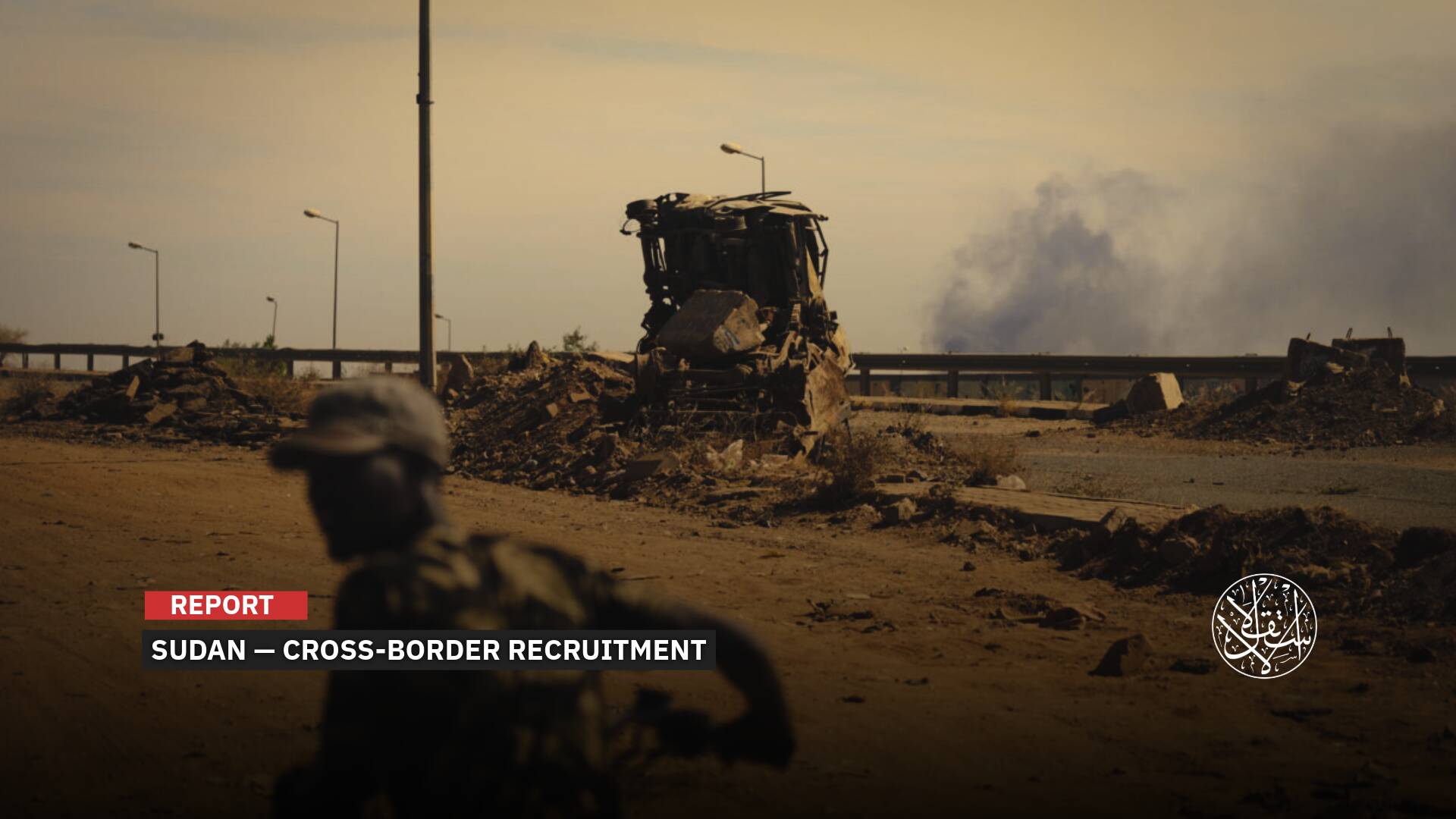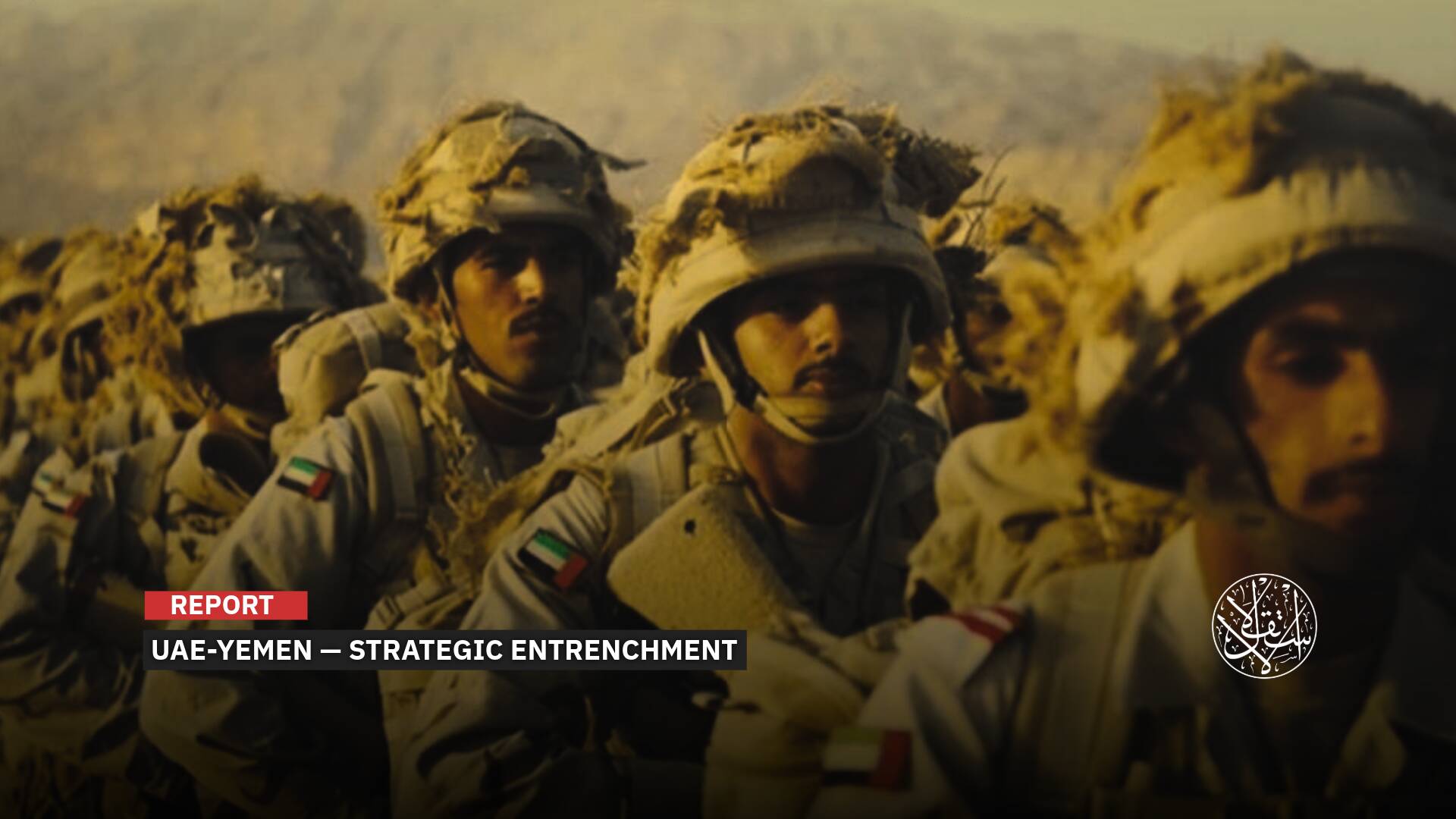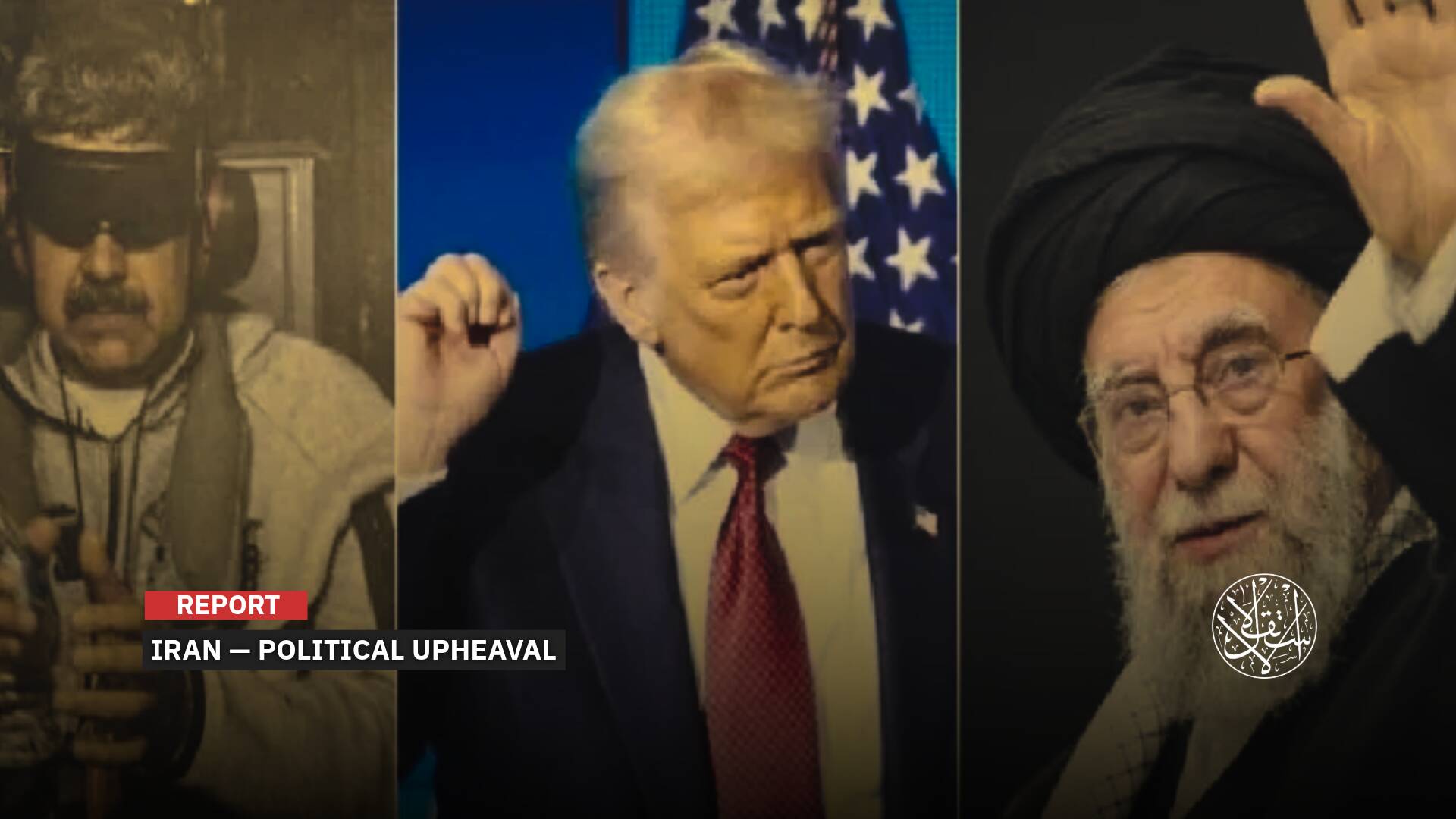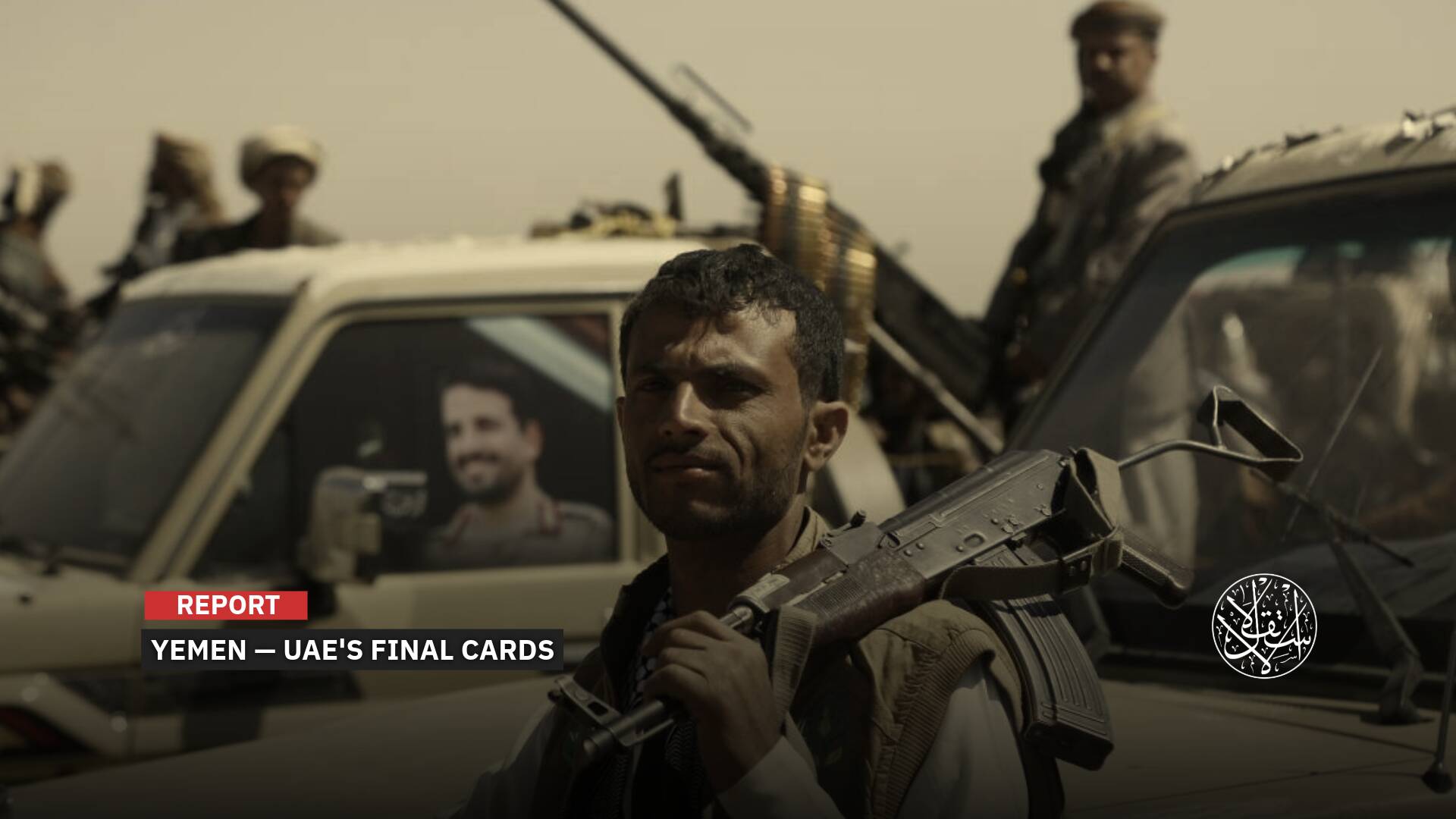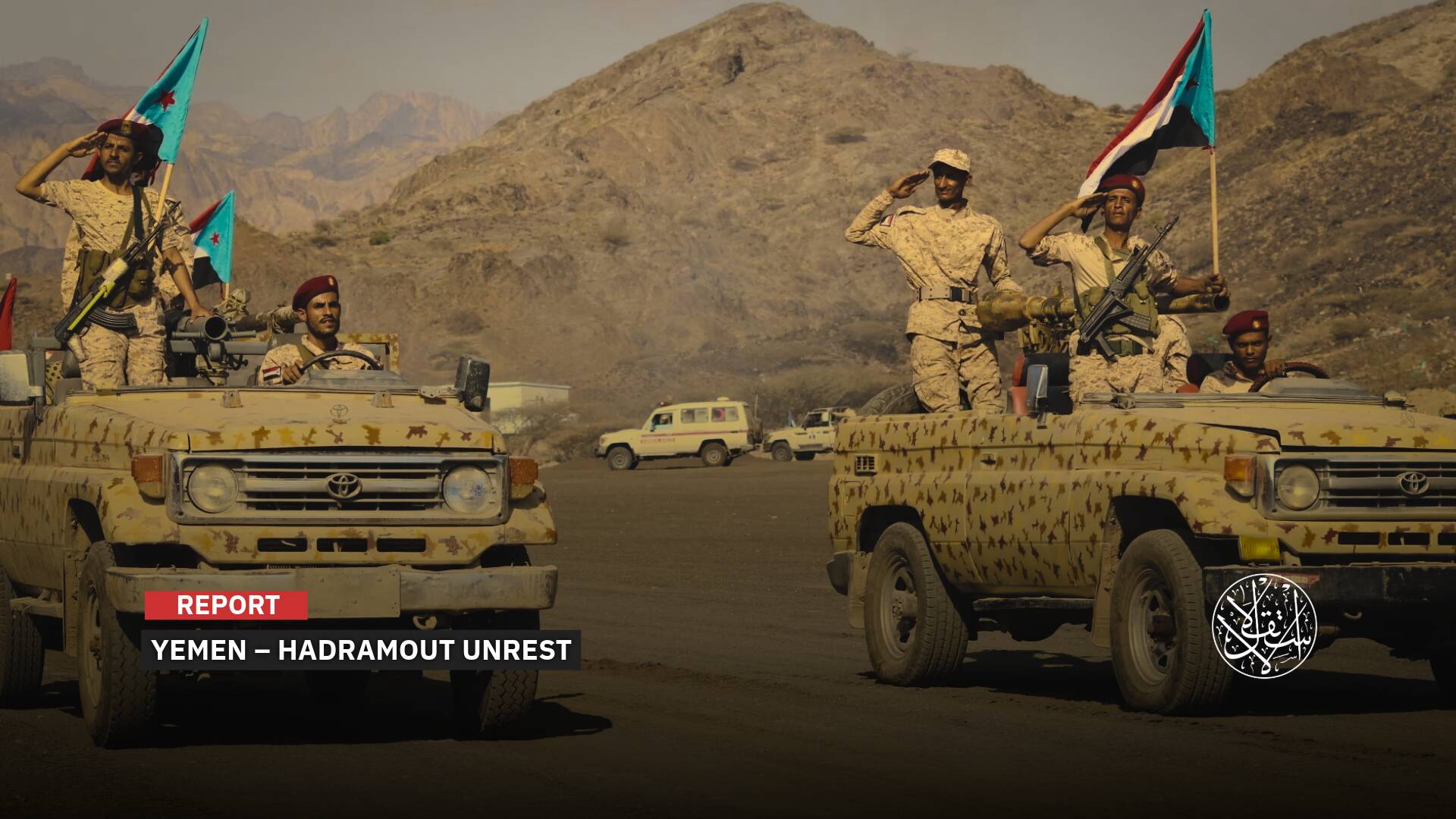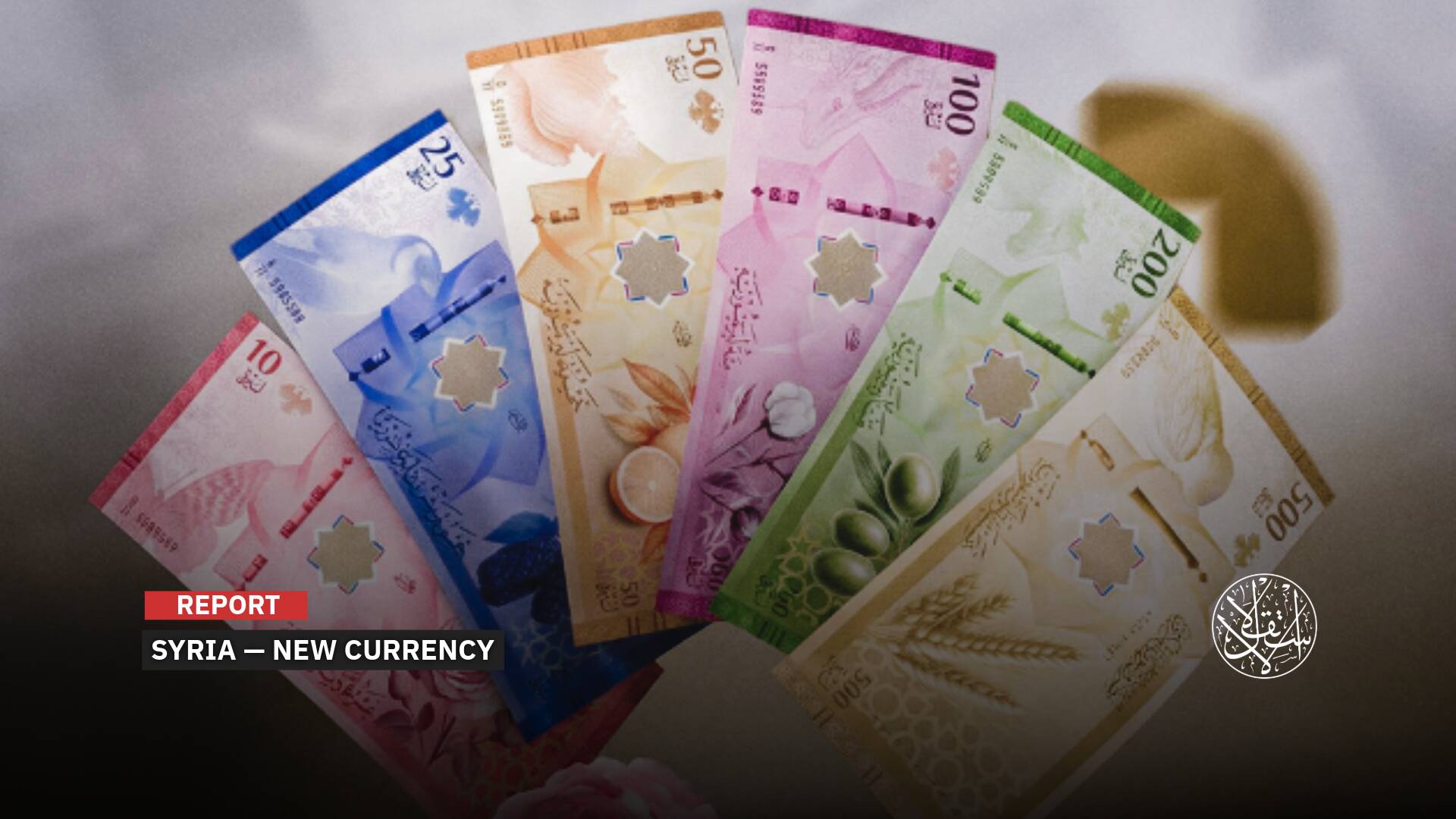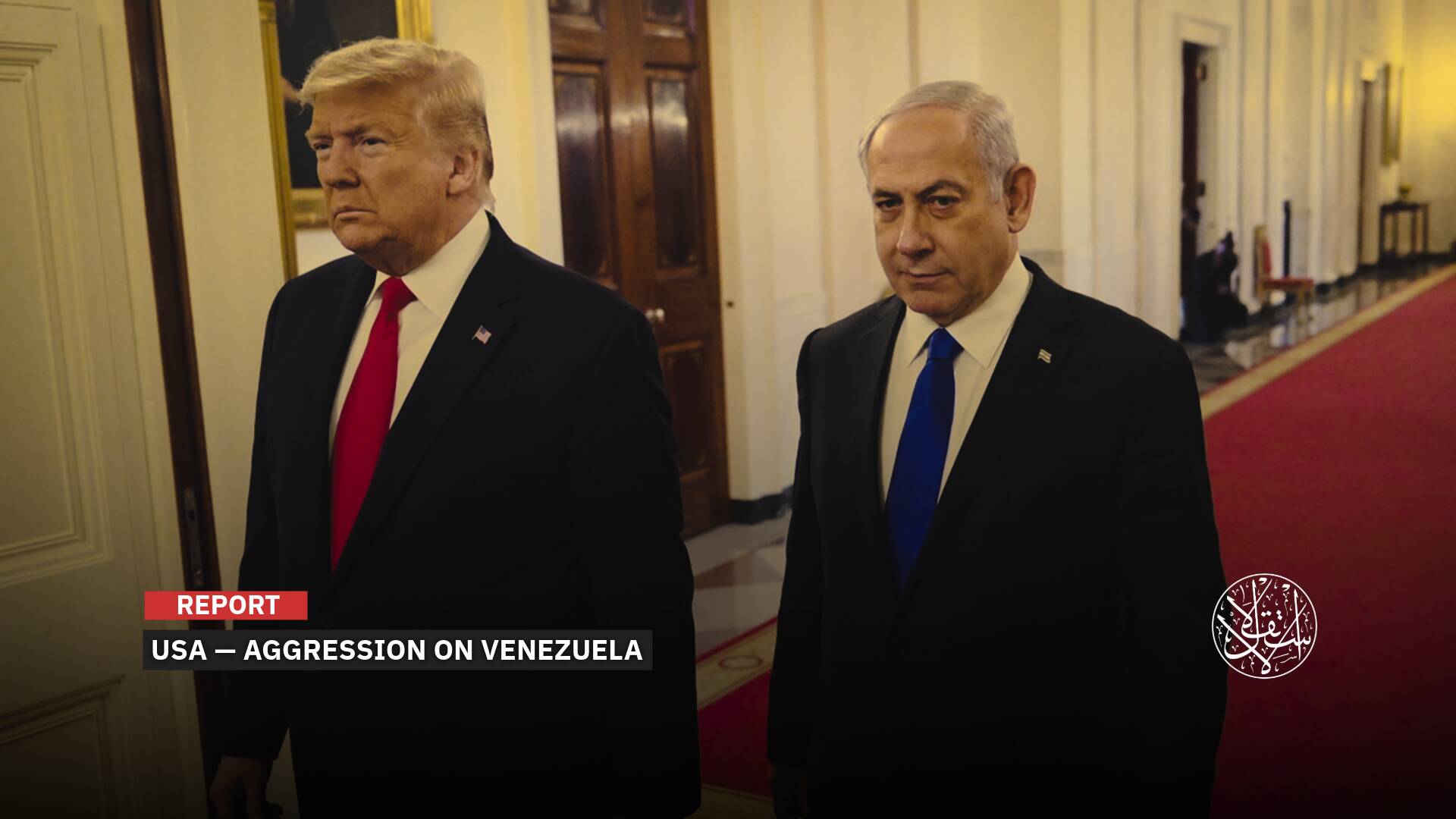Silent Complicity and a Refusal to Hold ‘Israel’ Accountable for War Crimes: Why Is Europe Failing Gaza?
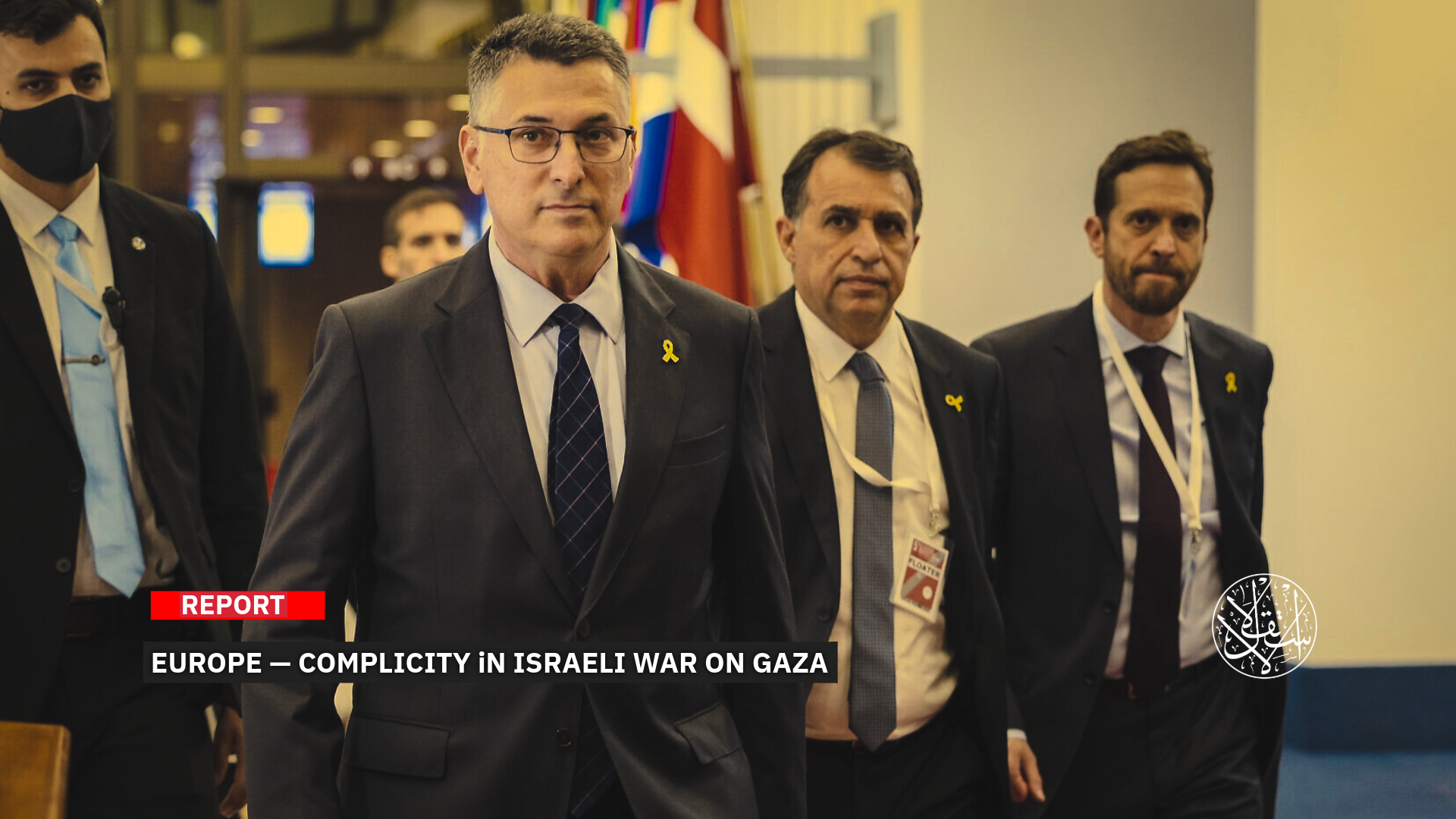
“Europe decides not to punish Israel´s continued war crimes and allows the Gaza genocide to proceed unabated.”
At a time when Gaza is facing one of the worst humanitarian disasters of modern history, the European Union took two positions in July 2025 that sparked widespread anger and disappointment among Palestinians and their supporters worldwide.
These two responses—one political, concerning sanctions, and the other humanitarian, related to the starvation and destruction in Gaza—felt like harsh blows. They revealed Europe’s complicity with the Israeli Occupation and the EU’s failure to take meaningful actions to stop the crimes against civilians.
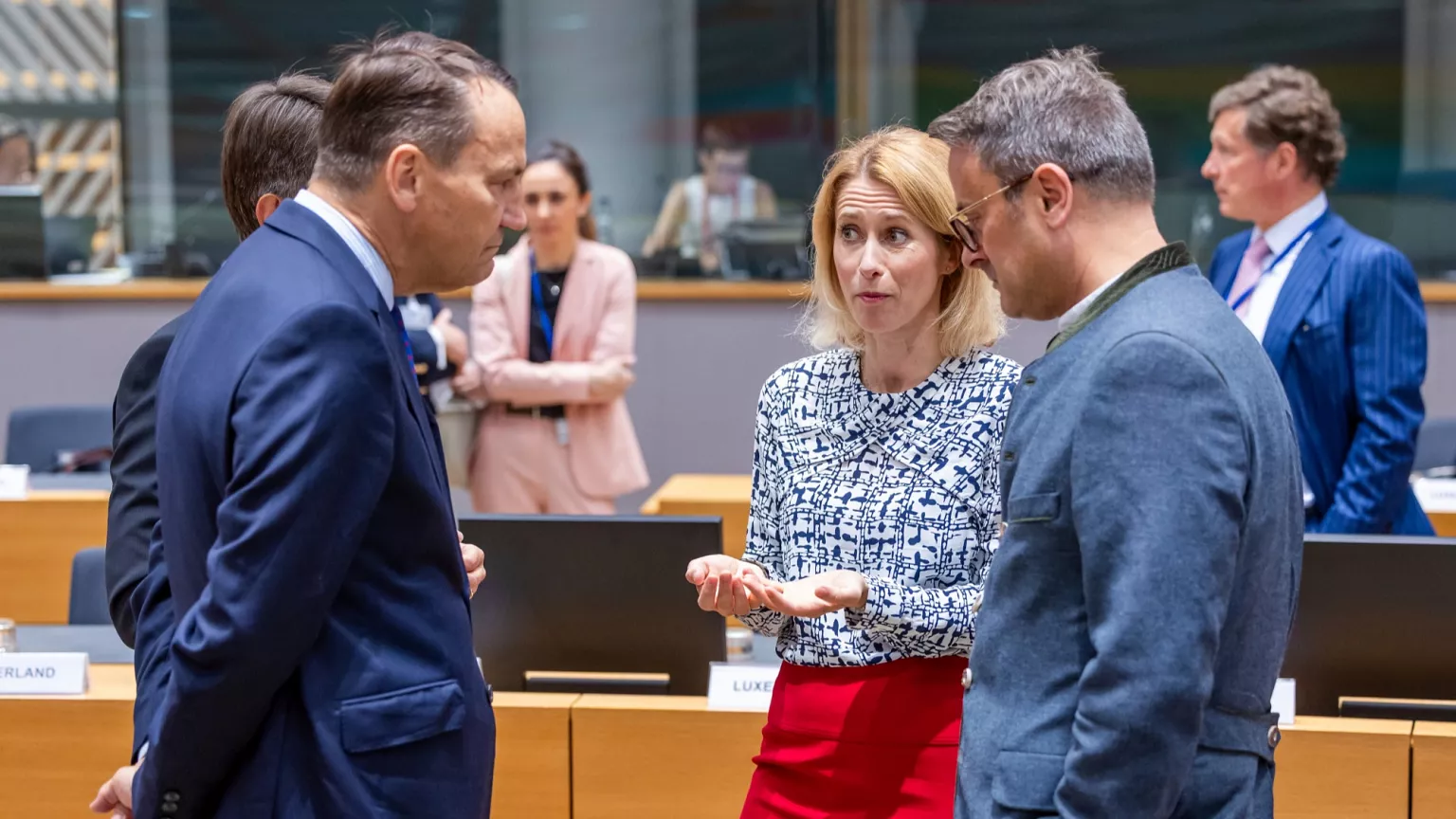
The First Surprise
The first shock came when the European Union, during a meeting of the 27 foreign ministers in Brussels, refused to impose any sanctions on “Israel”, despite international organizations documenting acts of genocide in Gaza.
This happened even though the EU acknowledged that “Israel” violated Article 2 of their Association Agreement, which requires respect for human rights.
This agreement forms the basis of relations between the two sides, allowing “Israel” duty-free access to the entire European market.
On July 15, the ministers decided not to impose sanctions on “Israel” for now, despite ongoing massacres in Gaza and the growing threat of famine.
This meeting was the last in Brussels before the summer break, which lasts at least until the end of August.
The meeting focused on a report prepared by the EU foreign policy chief, Kaja Kallas, about “Israel’s” violation of the Association Agreement with Brussels, published in mid-June 2025.
The report confirmed indications that “Israel” did not comply with its human rights obligations, as outlined in Article 2 of the agreement.
During the meeting, Kallas proposed 10 possible punitive measures, ranging from fully suspending the Association Agreement or trade and research preferences to imposing an arms export ban.
Measures also included sanctions on Israeli ministers, ending visa-free travel for Israelis to the EU, or banning trade with Israeli settlements.
The surprise was that none of these ten proposals were adopted, renewing concerns about Europe’s complicity in “Israel’s” aggression against Gaza.
After the meeting, Kaja Kallas only said that possible measures were discussed and could be considered by member states in the future.
“We will keep these options on the table and stand ready to act if Israel does not live up to its pledges,” she told journalists.
“The aim is not to punish Israel. The aim is to really improve the situation in Gaza.”
She also said the EU “will closely monitor” Israel’s compliance with agreed steps to improve the humanitarian situation in Gaza, something that has not happened.
These discussions followed public calls and a Dutch proposal, as the EU began reviewing its Association Agreement with “Israel” on May 20 under the condition of “compliance with human rights and international law.”
Commenting on the EU’s refusal to punish Tel Aviv, Amnesty International Secretary-General Agnes Callamard said on July 17 that the EU’s refusal to suspend its agreement with “Israel” is a cruel and unlawful betrayal.
“The EU’s refusal to suspend its agreement with Israel is a cruel and unlawful betrayal – of the European project and vision, predicated on upholding international law and fighting authoritarian practices, of the European Union’s own rules and of the human rights of Palestinians.”
“European leaders had the opportunity to take a principled stand against Israel’s crimes, but instead gave it a green light to continue its genocide in Gaza, its unlawful occupation of the whole Occupied Palestinian Territory (OPT), and its system of apartheid against Palestinians,” she added.
“This is more than political cowardice. Every time the EU fails to act, the risk of complicity in Israel’s actions grows. This sends an extremely dangerous message to perpetrators of atrocity crimes that they will not only go unpunished but be rewarded.”
“Victims are entitled to far more than empty words. Member states must now take matters into their own hands and unilaterally suspend all forms of cooperation with Israel that may contribute to its grave violations of international law, including a comprehensive embargo on the export of arms and surveillance equipment and related technology, and a total ban on trade with and investment in Israel’s illegal settlements in the OPT,” according to Callamard.
Former EU foreign policy chief Josep Borrell also weighed in on X, writing: “Europe decides not to punish Israel´s continued war crimes and allows the Gaza genocide to proceed unabated.”
The Gaza government’s media office accused the EU of complicity in the Israeli Occupation’s genocide against Palestinians since October 7, 2023.
They expressed “shock and deep anger at the official European position,” saying it “embodies the moral and political failure of the Brussels bloc in the face of genocide.”
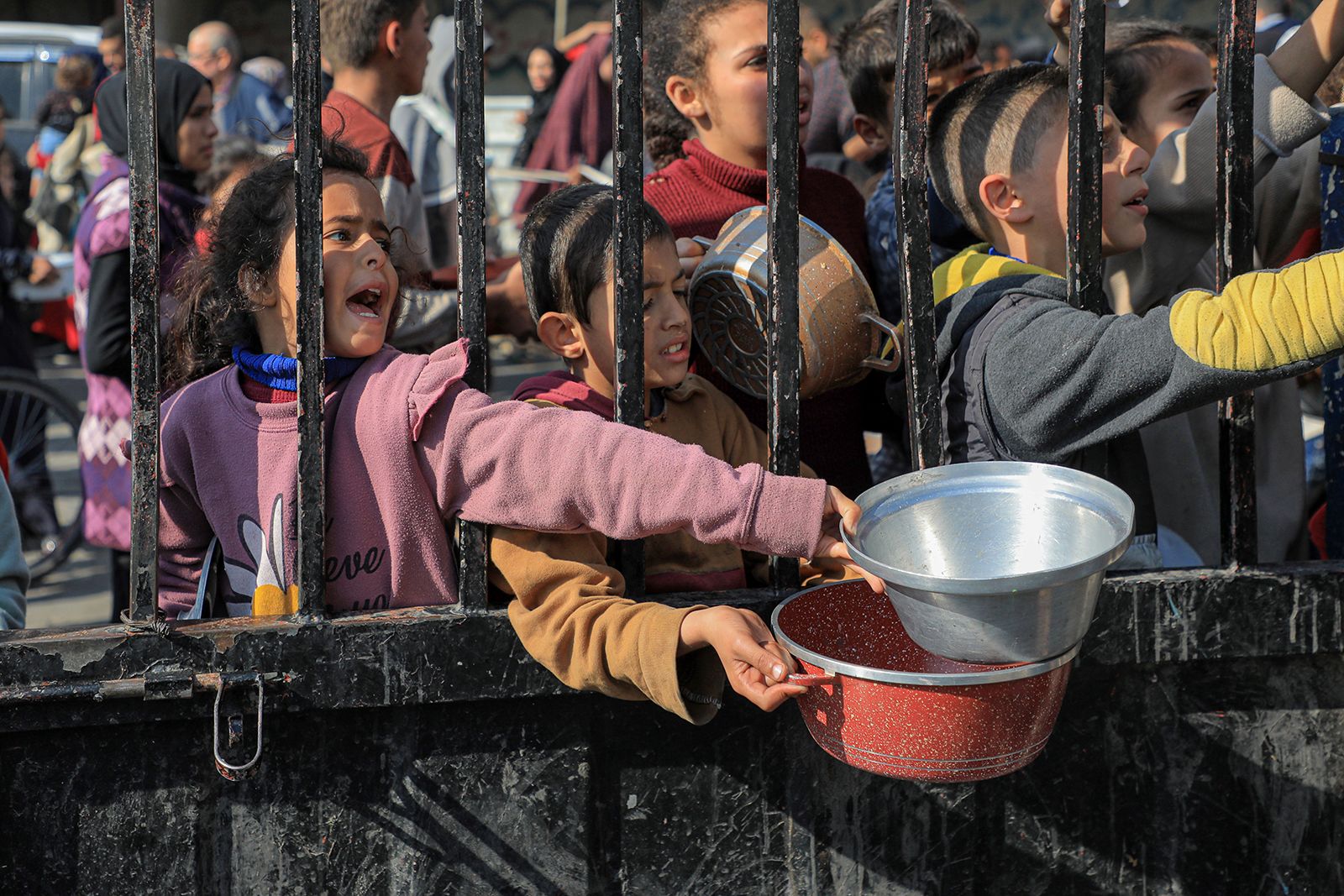
The Second Surprise
The second shock came from the failure of the agreement Kaja Kallas spoke about with “Israel” to allow humanitarian aid into Gaza.
Weeks before the EU meeting, Kallas hinted at reviewing the Association Agreement with “Israel” to pressure Tel Aviv.
On July 10, Kallas announced that an agreement had been reached with “Israel” to significantly increase humanitarian aid to Gaza, but this never happened, neither before nor after the meeting.
During the EU meeting, Kallas mentioned “positive signs” from Gaza to justify freezing all ten proposed economic and political measures presented to member states.
“We see some positive signs when it comes to opening border crossings, we see some positive signs of them reconstructing the electricity lines, providing water, also more trucks of humanitarian aid coming in,” Kallas said.
On July 18, EUnews said Brussels is monitoring the agreement’s implementation and actively working with UN agencies on the ground.
“As it is not present either at the border crossings or inside the Strip, it has to rely on their reports, the Egyptian and Jordanian ones, and what Israel itself claims to have done,” it added.
Kallas said she would provide a report on Gaza every two weeks to EU ministers and planned to discuss the issue again in Copenhagen on August 28 during the informal meeting of foreign ministers.
However, days after “Israel” continued to block aid that has been stopped since March 2, an internal EU document published on July 18 revealed that the agreement with Israel is verbal and lacks any binding mechanism.
Many human rights activists criticized the EU’s position, accusing Brussels of complicity and spreading false information harmful to those starving in Gaza.
European Parliament member Emma Fourreau, aboard the ship “Handala” currently heading to Gaza, said the European Parliament is complicit in the siege and genocide of Gaza.
“The European Union is involved in enabling Israel to starve Gaza. Kaya Kallas played a role in this,” Rami Abdu, head of the Euro-Med Human Rights Monitor, posted on X.
“How did the European Union contribute to bringing starvation to this level by spreading false information about an agreement with the Israeli Occupation to allow humanitarian aid in? So, what actually happened?”
“No aid entered at all. The starving people did not manage their food supplies, believing the Israeli Occupation would deliver food as the EU announced. Meanwhile, thieves and traders hoarded the limited supplies in the market, selling them at prices lower than normal,” he added.
Commenting on the confusion sparked by Kallas, NRC Secretary-General Jan Egeland said, “Contrary to the EU’s claims, no aid has entered for 142 days — not a single truck, not one delivery.”
“For the few actors allowed to bring in limited supplies, the UN reports that from 19 May to 14 July, an average of just 28 trucks per day have been collected for distribution inside Gaza.”
“Why? Because humanitarian convoys move without security, drivers come under fire, and civilians are killed waiting for food,” he added.
“Over 85% of aid trucks never reach their destination, their contents seized or stripped along the route by starving crowds or lost in the chaos of collapsed systems.”
“At militarized ‘distribution sites’ run under the so-called Gaza Humanitarian Foundation, the outcome has been mass civilian deaths, not relief,” Egeland said.
Markets are empty, prices have skyrocketed, and people are now searching through garbage to feed their children. Aid cannot work amid chaos. Access means more than just entering — it means safe, reliable, and principled delivery. None of that exists.
He emphasized that calling these “positive signs” (as the EU did) is not only misleading but also undermines the reality faced daily by relief workers and civilians. This is not progress; it is failure repackaged.
What’s the Wait?
Mohammed Emad, Director of Legal Affairs at Skyline International, said the EU’s statements on sanctions and aid coordination offer nothing new.
“Many European countries claim they’ve contacted Israel to follow up on specific massacres or attacks on medical teams, but this is just media talk to ease European public anger without any real action on the ground in Gaza,” he told Al-Estiklal.
“The hunger crisis and the threat to thousands of lives in Gaza over the past two years, not to mention the ongoing genocide, place the EU in the category of Israel’s accomplices.”
He pointed out that the EU presents itself as a protector of human rights but fails to take real steps to pressure the Israeli Occupation, with the recent unimplemented agreement as clear proof.
Emad said the EU must now take concrete measures, especially imposing sanctions on “Israel” and its military leaders and soldiers.
He stressed the need to end the Association Agreement, stop arms deals, recall ambassadors, and most importantly, ensure aid reaches Gaza.
“What is happening in Gaza is ethnic cleansing and mass killing of two million Palestinians. This is a true humanitarian test of the EU’s credibility, values, and of international organizations and the United Nations.”
Before the EU meeting, European affairs analyst Hossam Shaker doubted that Europe would move from criticizing the Israeli Occupation to sanctioning it, saying such a step remains unlikely.
“Europe still avoids naming things clearly, using phrases like ‘using food as a weapon’ without directly accusing Israel or holding it responsible,” he said during an interview with Al-Estiklal.
“This shows a deep bias in official European rhetoric, even if it varies between countries.”
Shaker noted that this war began with European support, providing the Israeli Occupation with excuses to commit atrocities, and “now that starvation has reached its peak, these countries try to act like they are disturbed by what’s happening.”
He predicted that European criticism would intensify, especially regarding the starvation policy.
“Europe can stop the genocide and starvation war with a set of measures, including suspending the Association Agreement that benefits the Israeli Occupation in many fields,” Shaker added.
Europe can also “impose punitive measures in other areas and announce an arms export ban to Israel.”
But he emphasized that “none of this has happened, revealing the dilemma of European positions that limit themselves to statements without real effective action.”
The lack of sanctions shows Europe’s weak seriousness in ending the Israeli war on Gaza and signals a lack of political will to hold “Israel” accountable and remove its immunity.
Shaker noted that there are European pressures isolating the Israeli Occupation more globally, but these fall short of necessary action.
He compared Europe’s stance on the Israeli Occupation to its much stronger, bolder sanctions on Russia, which include thousands of penalties across 16 sanction packages — yet no sanctions against “Israel.”
He also said that within EU institutions, “there is something like an Israeli lobby that blocks any effective moves or decisions that could harm or punish Israel.”
“As a result, there are only individual initiatives by some countries, but these remain timid.”


